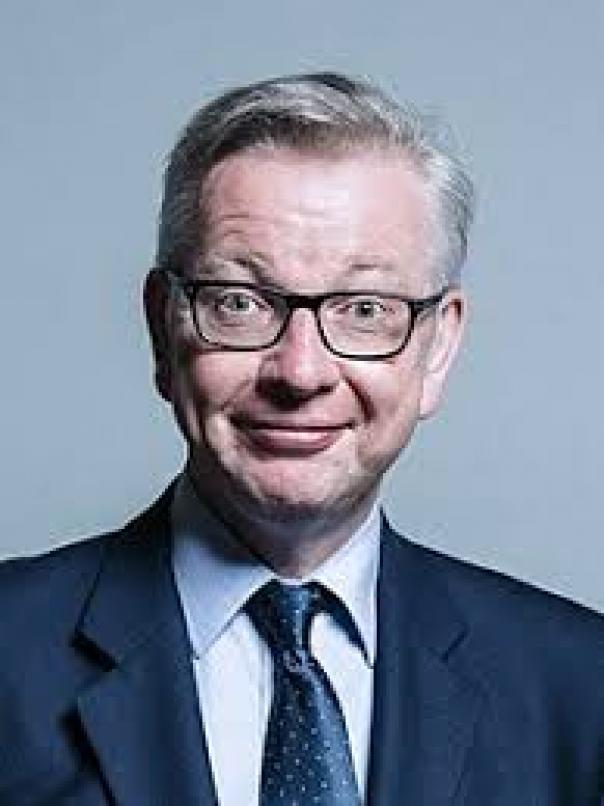
He told the Oxford Farming Conference it was a ‘grim and inescapable fact’ there would be tariffs on exports and new sanitary and other border checks.
“It would hit those who are smaller farmers and smaller food businesses,” he said.
While ‘not perfect’, he claimed that Theresa May's Brexit deal would protect market access and provide economic certainty.
He said that tariffs would create the most impact, with beef and lamb exports facing tariffs of at least 40% if the UK defaulted to World Trade Organization rules, while standard tariffs of 11% could be levied on a host of agricultural products.
"The combination of significant tariffs, where none exist now, friction and checks at the border, where none exist now, and the requirements to re-route or pay more for transport when current arrangements are frictionless, will all add to costs for producers," he said.
He told the conference that while the EU may accelerate some processes, all products of animal origin would have to go through border inspection posts and 100% of products would face sanitary checks, increasing time of exporting and costs.
“Much of our trade currently reaches European markets through the narrow straits between Dover and Calais.
“At the moment there are no border inspection posts at Calais. While we do hope the French take steps to build capacity there, that capacity is unlikely by the end of March to be generous.”